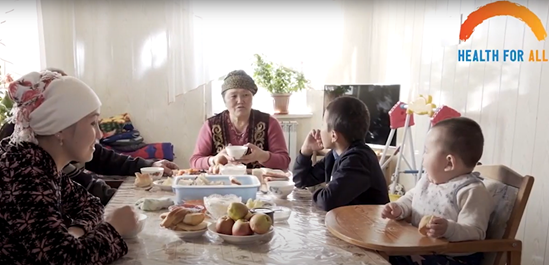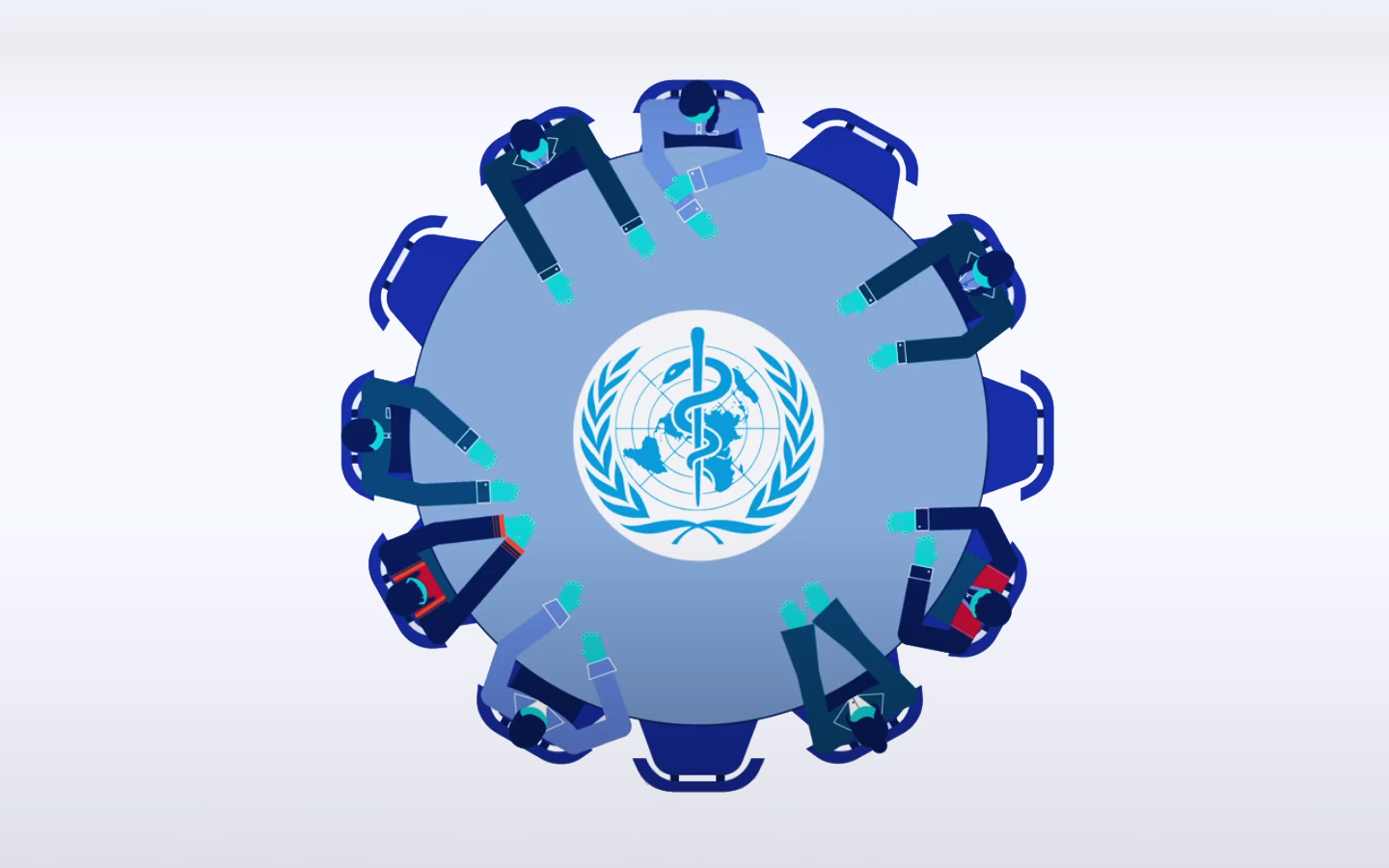Delivering health goals and priorities in central Asia
WHO/Europe is working with central Asian countries to achieve the health-related Sustainable Development Goals (SDGs). Countries in the subregion are moving decisively towards the SDGs, but the shocks triggered by the COVID-19 pandemic and other international crises have exacerbated existing vulnerabilities of their economies and health systems.
Central Asia, home to 76.5 million people, is a unique region with a tradition of bringing Europe and Asia together. With 30% of its population aged 14 years or under, it is a demographic force within the WHO European Region.
Health goals and priorities – the Roadmap for Health and Well-being in Central Asia 2022–2025
To “deliver as one” to advance health, Kazakhstan, Kyrgyzstan, Tajikistan, Turkmenistan and Uzbekistan adopted the WHO Roadmap for Health and Well-being in Central Asia 2022–2025 – the first roadmap of its kind in the central Asian subregion.
The Roadmap identifies 11 high-impact action areas and 32 reform initiatives to guide efforts and investments in technical cooperation, both independently and with partners. These high-impact action areas comprise:
- strengthening primary health care
- improving health governance and human resources for health
- advancing the digital transformation of health care
- increasing investments to improve financial protection and health equity
- reducing the burden of communicable diseases
- reducing the burden of noncommunicable diseases
- strengthening health security
- mitigating, detecting and responding to health emergencies
- creating healthy and green environments
- combatting antimicrobial resistance
- incorporating behavioural and cultural insights.
Driving progress for better health in central Asia
WHO/Europe, the 5 countries and other partners implement the Roadmap together, facilitated by a high-level standing group. In 2023, the Roadmap received support from the highest political level, when it was endorsed by the presidents of Kazakhstan, Kyrgyzstan, Tajikistan and Uzbekistan, and included in the Outcome Document of the 5th Consultative Meeting of the Heads of State of Central Asia, held on 14 September 2023 in Dushanbe, Tajikistan.







